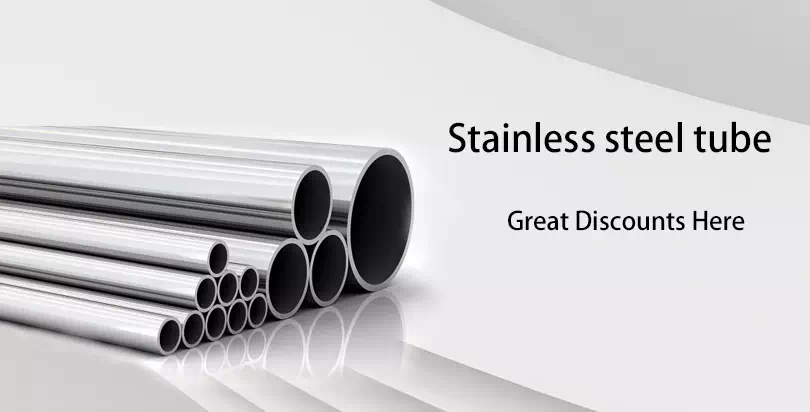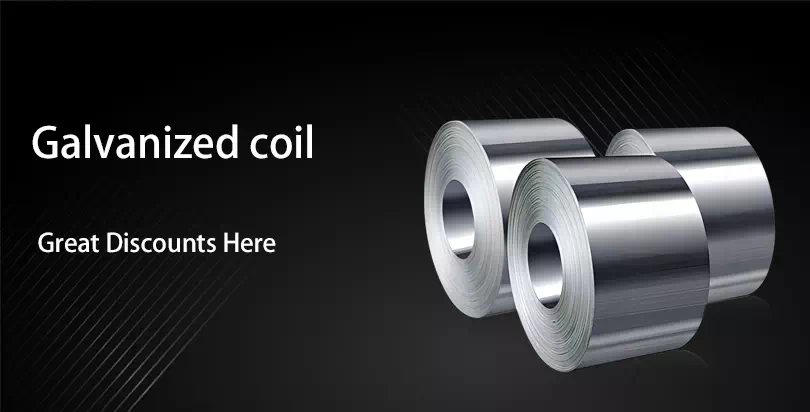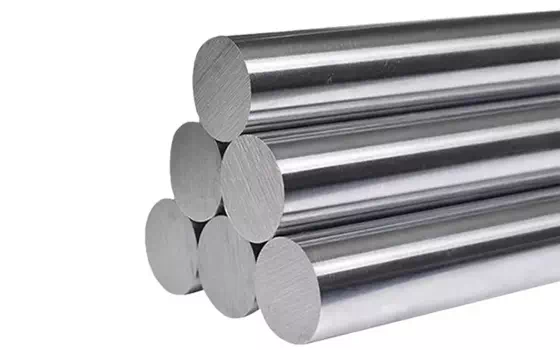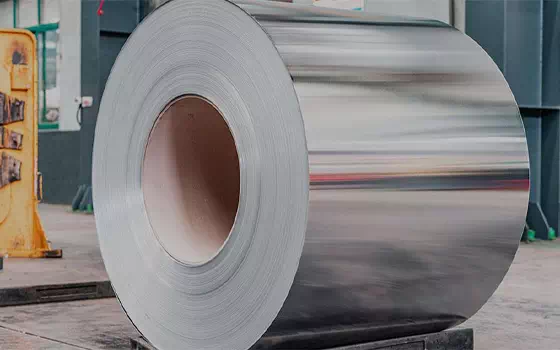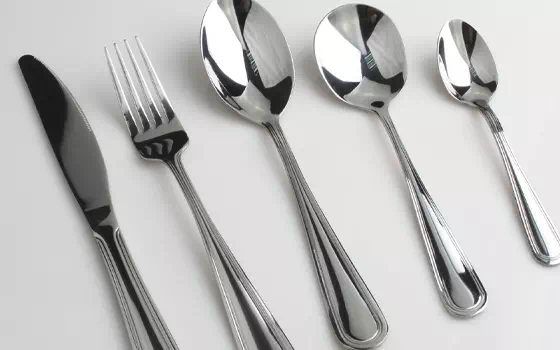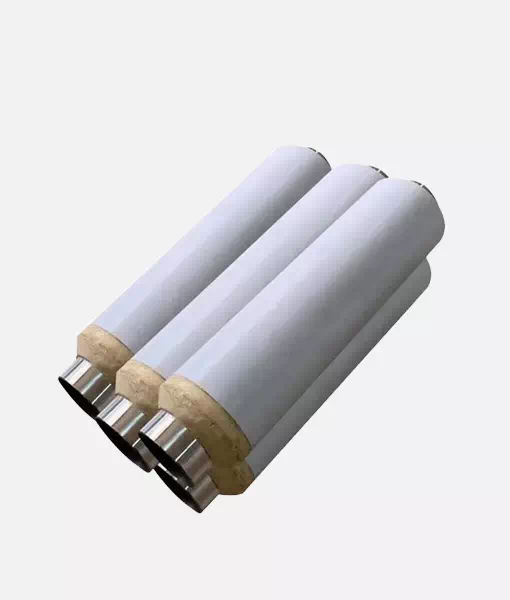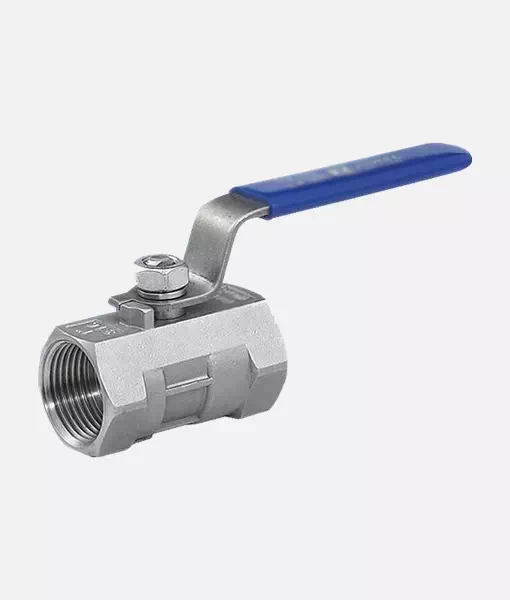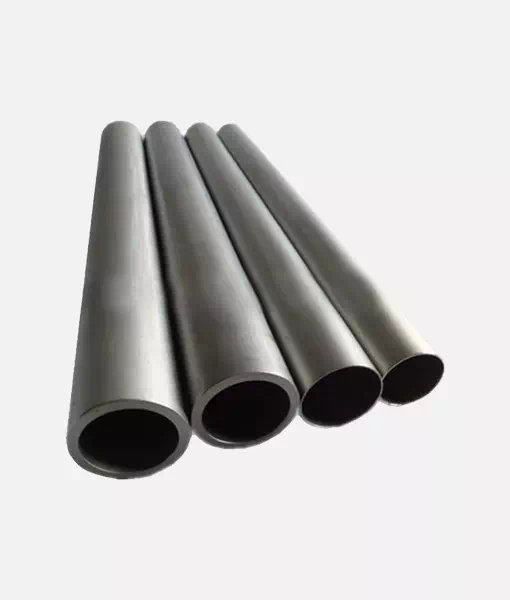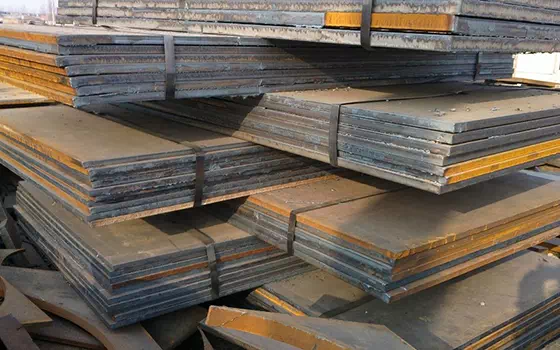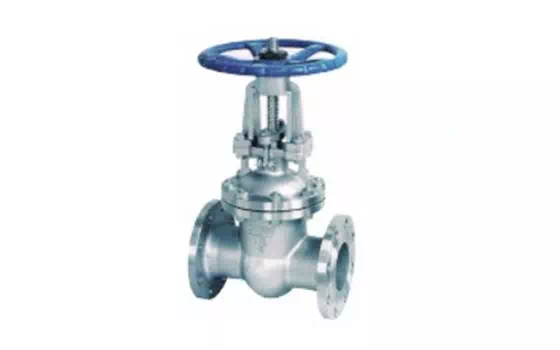Q355C angle steel chemical composition and mechanical properties
Q355c is a kind of steel. It is a low-alloy high-strength structural steel, widely used in bridges, vehicles, ships, buildings, pressure vessels, special equipment, etc., where “Q” means yield strength, and 355 means that the yield strength of this steel is 355MPa, and will vary with As the thickness of the material increases, its yield value decreases.
1. chemical composition
Chemical composition: C: ≤0.24, Si: ≤0.55, Mn: ≤1.60, P: ≤0.035, S: ≤0.035, Cr: ≤0.30, Ni: ≤0.30, Cu: ≤0.40.
2.Mechanical properties
Yield strength: ≤16mm: ≥355, 16-40: ≥345, 40-63: ≥335, 63-80: ≥315, 100-150: ≥295, 150-200: ≥285, 200–250: ≥ 275
Tensile strength: 450-630.
Impact test: temperature: 0℃: longitudinal ≥ 34, transverse ≥ 27.
Elongation: ≥21.
q355c angle steel related process description
Q355c angle steel is a steel profile with a groove shape. The entire steel is a long strip. The main application of q355c angle steel is in machinery and construction, especially in machinery. There are also many reasons why q355c angle steel is used in machinery, most of which are used on the chassis of large equipment. Q355c angle steel has a high load-bearing capacity and is a necessary material for the installation of heavy machinery. With the great increase in the demand for q355c angle steel in the industrial field, enterprises’ requirements for q355c angle steel have also begun to increase.
There are many appearance requirements for q355c angle steel. For example, if there is a deviation in the surface quality of q355c angle steel, the deviation must be within the relevant regulations and cannot exceed this standard. Such standards are formulated by relevant national departments, rather than unofficial standards. In addition to the surface quality of q355c angle steel that needs to be produced within the allowable deviation range, the dimensional deviation of q355c angle steel must also meet the requirements of the standard.
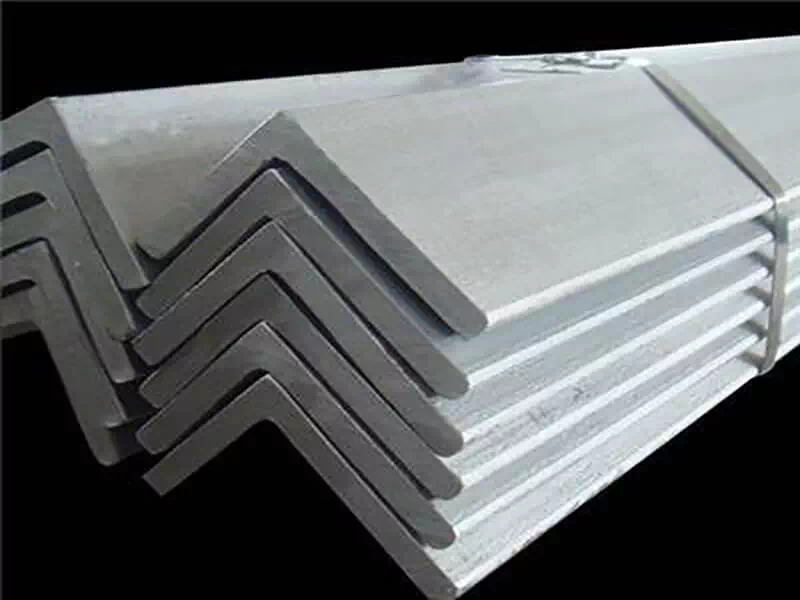
Q355c angle steel also has regulations on appearance. If there is a defect on the surface of q355c angle steel, this defect will definitely not cause damage when q355c angle steel is used. If there is damage, q355c angle steel cannot be used directly. The q355c angle steel itself should be horizontal, if the torsion amplitude is large, this kind of q355c angle steel cannot continue to be used. Waves may appear on the q355c angle steel, which is inevitable. But the wave curve must be within the specified standard range.
When specifying the standard of q355c angle steel, there are also strict regulations on the various parameters of the q355c angle steel surface, and these regulations include its detailed value and the difference value. If the geometric shape of the q355c angle steel is incorrect, in fact, everyone can fully see some of the different points of the q355c angle steel, such as the expansion of the q355c angle steel angle and the close together of the q355c angle steel legs. These are the things that enterprises pay special attention to in appearance control.
crafting process
Workpiece → Degreasing → Water Washing → Pickling → Water Washing → Dipping Support Solvent → Drying and Preheating → Finishing → Cooling → Passivation → Rinsing → Drying → Inspection
q355c angle steel related process description
(1) Degreasing
Chemical degreasing or water-based metal degreasing cleaning agent can be used to degreasing until the workpiece is completely wetted by water.
(2) Pickling
It can be pickled with H2SO415%, thiourea 0.1%, 40~60℃ or HCl20%, urotropine 3~5g/L, 20~40℃. The addition of corrosion inhibitors can prevent the matrix from over-corrosion and reduce the hydrogen absorption of the iron matrix. At the same time, the addition of a fog inhibitor can inhibit the escape of acid mist. Poor degreasing and pickling treatments will cause poor adhesion of the coating, no zinc coating, or peeling of the zinc layer.
(3) Immersion flux
Also known as a solvent, it can keep the workpiece active before immersion plating to avoid secondary oxidation, so as to enhance the bonding between the plating layer and the substrate. NH4Cl100-150g/L, ZnCl2150-180g/L, 70~80℃, 1~2min. And add a certain amount of anti-explosive agents.
(4) Drying and preheating
In order to prevent the workpiece from deforming due to the sharp rise in temperature during immersion plating, and to remove residual moisture, to prevent zinc explosion and cause zinc liquid explosion, the preheating is generally 80-140°C.
The technical difference of q355c angle steel
There are many types of q355c angle steel components, and there are relatively many manufacturing processes. The first is the most commonly used solvent method. As our steel structural parts are diverse, there are many ways to use them, but basically we don’t use them in the design of the spreader. Under normal circumstances, the spreader designer needs to consider some factors. These What are the factors? First of all, it must be easy to operate, try to add some galvanizing liquid in it as little as possible, here is that the hanging must be very strong, and our steel components are required to have a certain strength, do not agree to damage, this It emphasizes the main reason why it is not easy to deform. There are many requirements for our steel components, not only used in our q355c angle steel, more importantly, there are many other uses, and with the different types of use, the requirements we put forward are also different, this is also With the main requirements of the development of our society.
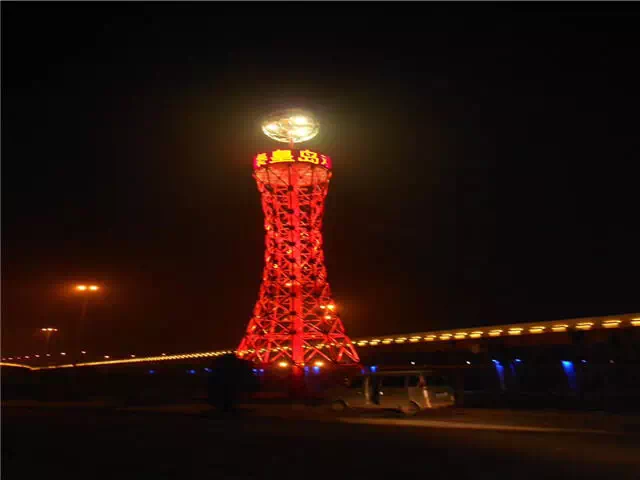
The formation process of the q355c angle steel layer is the process of forming an iron-zinc alloy between the iron matrix and the outermost pure zinc layer. The surface of the workpiece forms an iron-zinc alloy layer during hot-dip coating, which makes the iron and pure zinc layer excellent The connection, the process can be briefly described as when the iron workpiece is immersed in the molten zinc liquid, a solid solution of zinc and α iron (body core) is first formed on the interface. This is a crystal composed of the base metal iron dissolved in zinc atoms in a solid-state. The two metal atoms are fused, and the gravitational force between the atoms is relatively small.
Therefore, when zinc reaches fullness in the solid solution, the atoms of the two elements of zinc and iron are dispersed with each other, and the zinc atoms dispersed (or called into) the iron matrix move in the matrix lattice, and gradually form an alloy with iron, and disperse The iron and zinc in the molten zinc form an intermetallic compound FeZn13, which sinks into the bottom of the hot-dip galvanizing pot, which is called zinc dross. When the workpiece is removed from the zinc immersion solution, the surface forms a pure zinc layer, which is a hexagonal crystal. Its iron content is not more than 0.003%.
The corrosion resistance of hot-dip galvanizing is much higher than that of cold-dip galvanizing (also known as electro-galvanizing). Hot-dip galvanizing will not rust in a few years, and cold-dip galvanizing will rust in half a year.
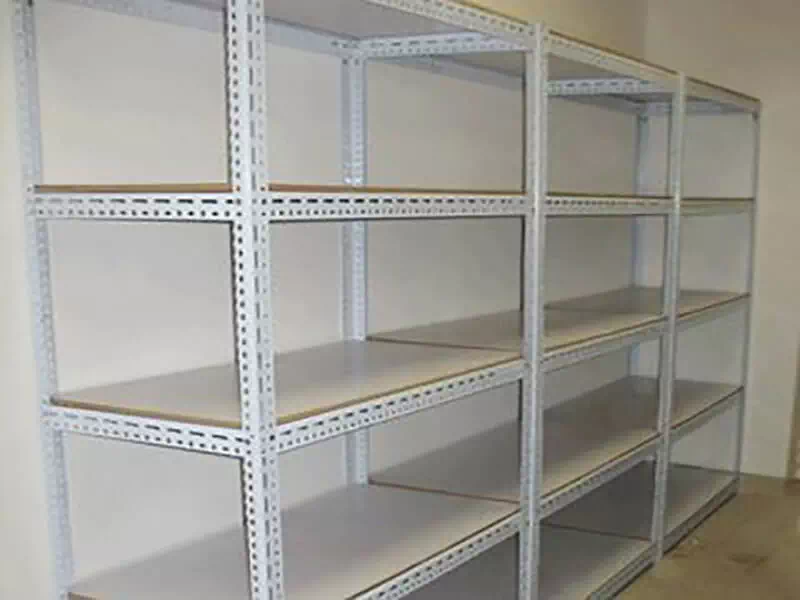
The cold galvanizing process is used to protect metals from corrosion. For this purpose, zinc filler coatings are used, which are coated on the protected surface by any coating method. After drying, a zinc filler coating is formed. In the dry coating With the content of zinc (up to 95%). Steel is galvanized on the surface under cooling conditions, while hot-dip galvanizing is a steel pipe that is galvanized on the surface under hot-dip conditions. It has strong adhesion and is not easy to fall off. Although hot-dip galvanized pipes are also rusty, But they can meet technical and sanitary requirements in a long period of time
So how can the q355c angle steel purchased by the user meet the authenticity requirements?
When users buy q355c angle steel, it is very important to choose a genuine product. We all know that for this kind of product when it is produced, because of the different manufacturers or different brands, let it be in the product. There are also differences in authenticity, and when it is different in authenticity, it will naturally show its performance in terms of service life, different service life, different performance, etc. Therefore, when users buy a product, Its authenticity is the most important, so how can the products purchased by users meet the authenticity requirements?
The first is to make q355c angle steel achieve a good brand. We all know that for the current manufacturers, there are many, some are small products, some are brands, and if the products are to achieve authenticity, the first choice is An important brand, some users like to let themselves buy some cheap products when buying. For this kind of product, although its price is very low, its product cannot achieve the performance above. Can’t reach a long service life.
Therefore, when users buy q355c angle steel, they should not covet its cheaper price. Another aspect is to let users choose an important place to purchase it. For some brands, there are also some fakes. Exist, so when users buy it, they can’t let themselves show good sales regularity, and it is easy to buy counterfeit products, so this aspect is also very important. Finally, when users buy it, they must be concerned about the production of the product. Note that only the regular production number can guarantee the authenticity of the product.
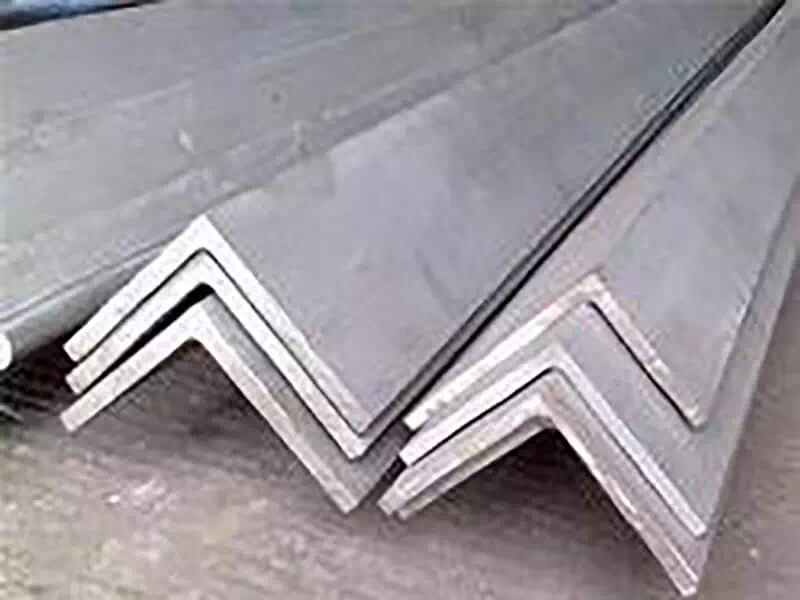
Hot-dip galvanizing also has color hot-dip galvanized angle steel, printing coated galvanized steel, PVC laminated hot-dip galvanized angle steel, etc. But the most commonly used is still hot-dip galvanized steel pipe. Galvanized steel sheet can be divided into general use, roof use, building exterior panel use, structure use, corrugated sheet use, drawing use, and deep drawing use. The relevant product standards of the size specifications list the recommended standard thickness, length, width, and allowable deviation of the galvanized sheet. Hot-dip galvanized angle steel sheets have different surface conditions due to the different treatment methods in the coating process, such as ordinary spangles, fine spangles, flat spangles, zinc-free spangles, and phosphate-treated surfaces. German standards also provide for surface grades. The galvanized sheet should have a good appearance, and there must be no defects that are harmful to the use of the product, such as no plating, holes, cracks, scum, excessive plating thickness, scratches, chromic acid dirt, white rust, etc. Foreign standards are not very clear about specific appearance defects. Some specific defects should be listed in the contract when ordering. The standard value of zinc coating: The zinc coating is a commonly used effective method to express the thickness of the zinc layer of the galvanized sheet.
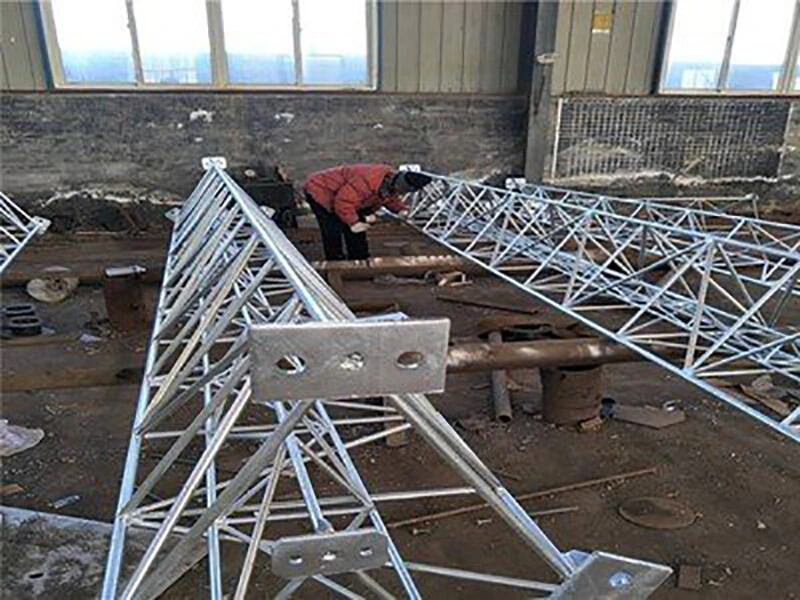
How to judge the quality of angle steel?
The angle steel production process is long and there are many procedures, and the formation of the coating after the strip is immersed in the zinc pot and the zinc pot, and the cooling and solidification process is very complicated. Therefore, there are many factors that affect the angle steel, and the influence of each influencing factor on the performance of the angle steel coating is not Isolated but intertwined and interacted. The factors that determine the quality of angle steel are mainly manifested in the following four aspects:
Cooling passivation: The steel parts are cooled in the water tank after the angle steel. The cooling water generally taps water. The steel parts should be cooled as soon as possible after being hoisted from the zinc pot to keep the workpiece from deforming. The best temperature should be between 30°C and 70°C. An appropriate amount of surfactant can be added to the water to improve the surface gloss of steel parts.
The use of tooling: the tooling of angle steel is very important to the galvanizing process. Good tooling can greatly increase the output and quality, but the design of the tooling depends on the type of galvanized parts, so it needs on-site design and production. The design of the tooling should take into account the production capacity, the shape and size of the steel parts, and the technical requirements of the customer.
Operating speed: When steel parts are immersed, they should be as fast as possible under the premise of ensuring the safety of workpieces and personnel, so as to ensure that the film thickness of all parts of the galvanized parts is the same. The lifting speed should be based on the steel structure, material, and length. Different speeds are used. Generally, a lifting speed of 1.5 m/min can ensure better zinc liquid reflux and surface brightness.
Refurbishment inspection: inspect the film thickness and appearance of the plated parts in accordance with the requirements and standards (national standard GB/T13912-2002), and polish the zinc dust and zinc slag attached to the surface of the plated parts to meet the requirements. Submit for inspection and leave the factory.


